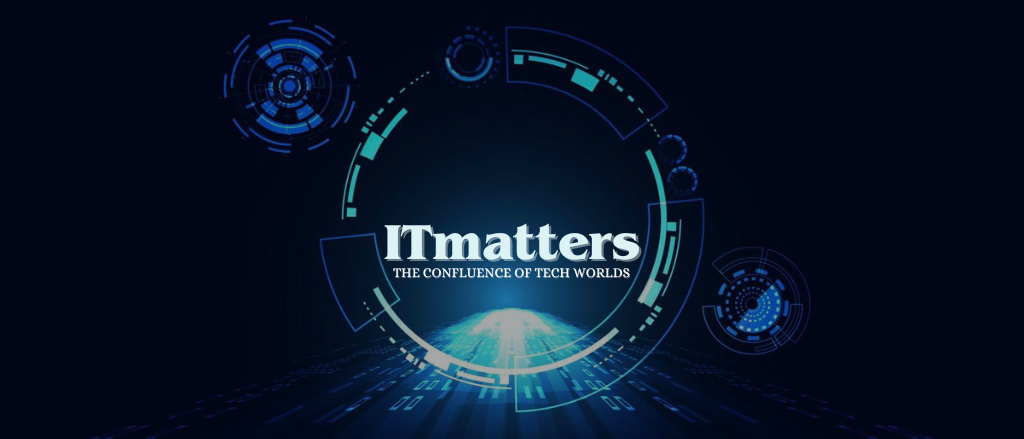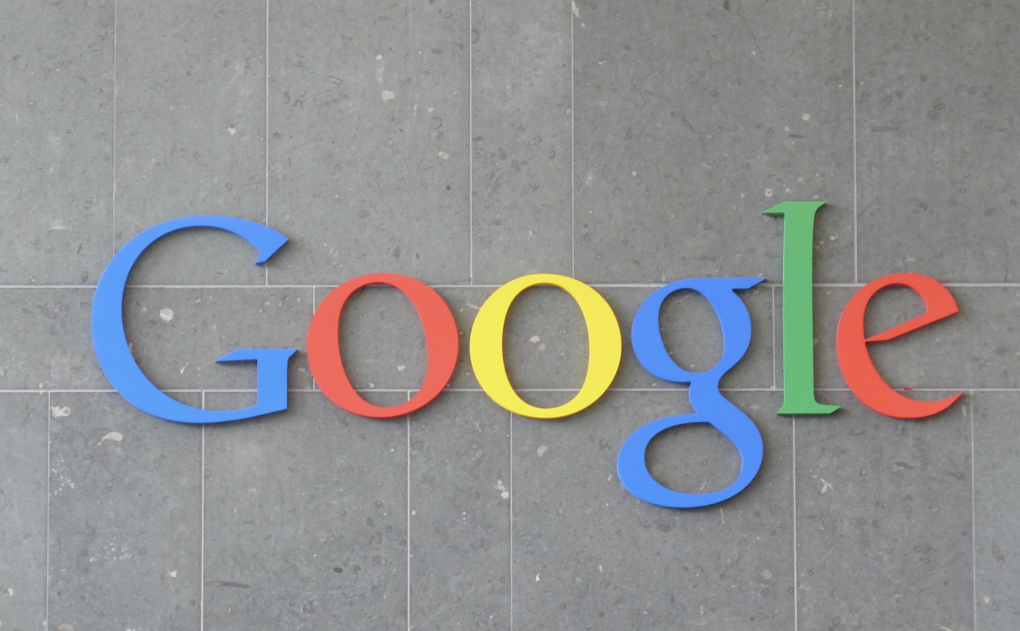“I am very glad Google dropped its AI weapons pledge.” – Andrew Ng, the founder and former leader of Google Brain, said during an interview at the Military Veteran Startup Conference in San Francisco.
When one of the most influential figures in artificial intelligence expresses relief over Google’s decision to remove its AI weapons pledge, it raises crucial questions. Does this signal a new era where technology companies embrace militarization? Are we heading towards a world where AI is increasingly weaponized under the pretext of national security? More importantly, should other countries reconsider their reliance on Google’s technology?
Google’s Policy Shift: What Changed?
In 2018, Google publicly declared that it would not design or deploy AI for weapons or technologies intended to cause harm. This commitment was part of its AI Principles, developed in response to internal employee protests over Project Maven, a U.S. military contract focused on AI-powered drone analysis. However, in its latest Responsible AI 2024 Report, Google has quietly removed the explicit restriction on AI for weapons, replacing it with broader commitments to ethical AI development.
The new guidelines emphasize compliance with “international law and human rights” but do not rule out military applications. This shift aligns Google with other tech giants like Microsoft and Amazon, both of which have longstanding defense contracts.
“Frankly, when the Project Maven thing went down … A lot of you are going out, willing to shed blood for our country to protect us all,” said Ng. “So how the heck can an American company refuse to help our own service people that are out there, fighting for us?” Ng said during the Conference.
What This Means for the World
The removal of the AI weapons pledge is more than just a corporate decision—it reflects a broader shift towards AI militarization. For global security and technology ethics, without clear ethical restrictions, AI-driven military applications could expand, leading to more autonomous weapons and surveillance systems.
If a company as influential as Google abandons its commitment, other tech firms may follow suit, prioritizing profits and geopolitical influence over ethical considerations.
It is also the right time for countries concerned about AI militarization to look for alternative tech providers, possibly accelerating global technological fragmentation. Open-source AI models, alternative cloud providers, and independent AI ethics frameworks may gain traction as organizations look for solutions that align with their values.
Internal and External Reactions
The policy reversal has elicited varied responses. Internally, some Google employees have expressed concern, questioning the ethical implications of the company’s involvement in military applications of AI. Externally, experts and advocates for ethical AI development have raised alarms about the potential for increased weaponization of technology and the erosion of public trust.
Final Thoughts: A Turning Point for AI Ethics
Google’s quiet removal of its AI weapons pledge signals a major shift in the tech industry’s approach to military collaboration. While some, like Andrew Ng, may welcome this change, others fear it could set a dangerous precedent. As AI continues to reshape the global landscape, the question remains: Should we embrace this new reality, or is it time to demand stronger ethical commitments from the world’s leading tech firms?
One thing is certain—this debate is far from over.






